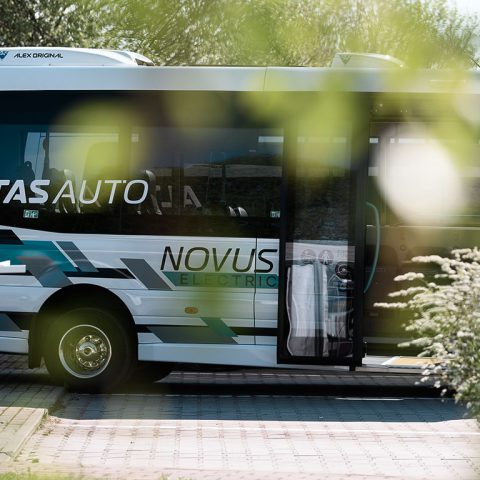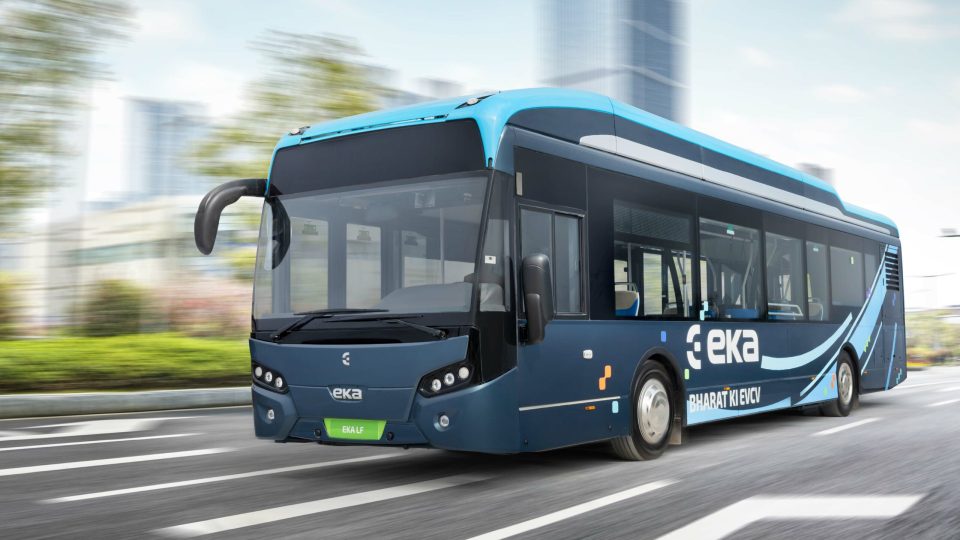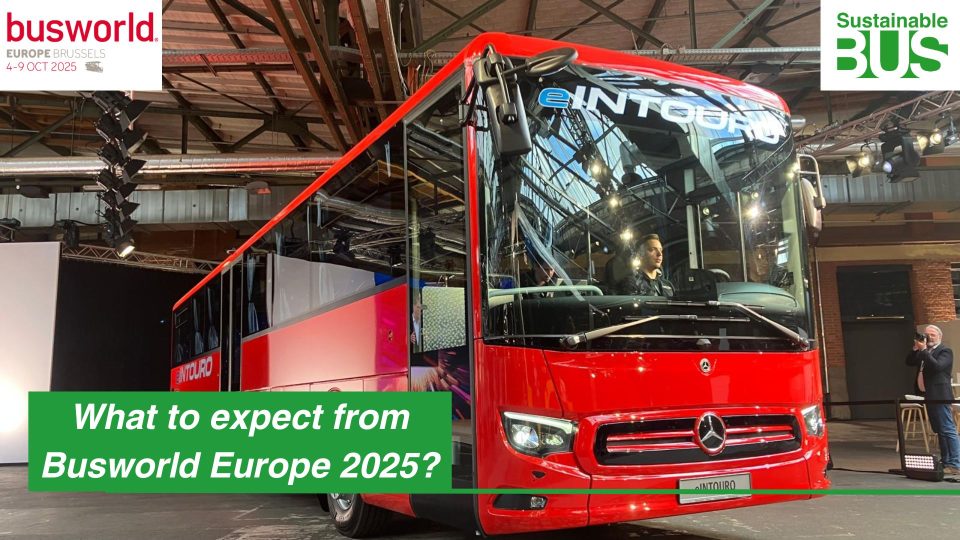Altas Auto has launched the communication project “Prisoners of Noise”
In an effort to draw public attention to the significant noise pollution in Vilnius and other European cities, Lithuanian manufacturer Altas Auto has launched the communication project “Prisoners of Noise”. By 2025 Altas aims to become fully electric, thus fully embracing the instances of the European Agenda 2030. The company launched a new electric midibus at […]

In an effort to draw public attention to the significant noise pollution in Vilnius and other European cities, Lithuanian manufacturer Altas Auto has launched the communication project “Prisoners of Noise”. By 2025 Altas aims to become fully electric, thus fully embracing the instances of the European Agenda 2030. The company launched a new electric midibus at Busworld Europe 2023, in cooperation with Zhongtong.
Altas Auto, a campaign with the focus on road noise
The company stresses that a recent survey revealed that 40% of Vilnius residents face excessive noise pollution, marking a concerning trend in European capitals. Noise, identified as the second major urban challenge in Europe, follows closely behind air pollution, impacting 30% of the EU population with long-term adverse effects, as reported by the World Health Organization (WHO).
Still according to the communication campaign by Altas Auto, WHO advises that the average road traffic noise in a city should not surpass 53 dBA, dropping to below 45 dB during the night to preserve normal sleep patterns. Alarming measurements conducted near Vilnius’ busiest streets revealed an excess of 20 dBA beyond WHO recommendations.
Outdated public transport buses, generating noise levels exceeding 80 dBA, particularly during stops, contribute significantly to the city’s noise. Educational institutions, kindergartens, and health care facilities, numbering 66, 106, and 21 respectively, fall within zones of abnormal noise, surpassing 65 dBA.
In 2022, the municipal entity “Vilnius plan” executed strategic noise mapping, exposing that 40% of the Vilnius agglomeration’s inhabitants, roughly 232,000 people, endure constant exposure to noise levels exceeding 55 dBA. This surpasses WHO’s recommended noise limits by 12 dBA.
Heavy vehicles, especially large buses, rarely exceed 50 km/h in the city. Especially outdated diesel engines, which still dominate public transport, make the most noise when shifting into the lowest gears, being the biggest source of systematic noise on city streets. To mitigate this, Vilnius city municipality is introducing various noise prevention projects, as well as aiming to improve public transport conditions and update the fleet by acquiring low-noise electric vehicles by 2028.
According to Edvardas Radzevičius, head of Altas Auto, the introduction of electric buses could revolutionize urban living by significantly reducing noise levels: “As a manufacturer of electric buses, we are well aware of the problem of noise in cities. Only after driving an EV bus can you understand what fundamental changes this transport will bring to our cities. Electric transport in residential areas allows to reduce the noise level several times. Not only residents win, but also municipalities with their hands untied to establish public transport stops closer to residential houses. From our perspective, the introduction of electric buses in densely populated urban areas, as well as in old towns, can fundamentally change the quality of life of the citizens”.






